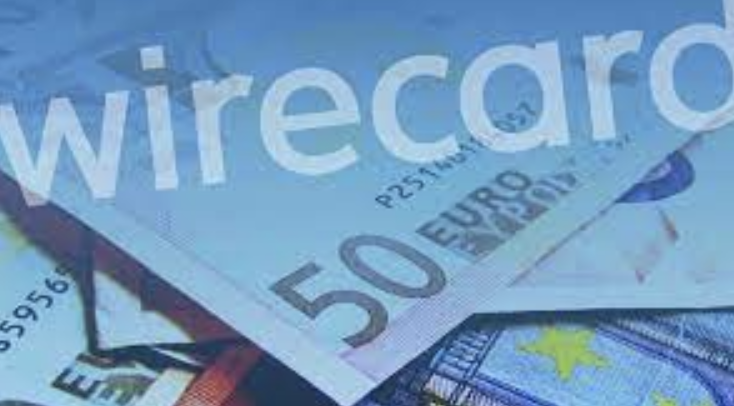Skandal! Bringing Down Wirecard
December 14, 2022
Netflix’s latest documentary: Skandal! Bringing Down Wirecard was released on September 16, 2022. It unfolds the investigative reporting that led to the exposure of fraud in a German fintech company, Wirecard, which eventually caused its collapse in June 2020. While neither fraud nor the insolvency of companies is surprising, the documentary revealed several fascinating facts about this one.
Set to be the PayPal of Europe, Wirecard became very profitable very quickly. Founded in Munich in 1999, it had all the makings of a successful company: a German pedigree that represents reliability, a chief executive who was a previous KPMG consultant, and a business in an innovative and fast-evolving industry that excites investors in the 21st century. By 2005, Wirecard was listed on the Deutsche Boerse Frankfurt (the Frankfurt Stock Exchange), and in 2018, it was included in the DAX blue-chip market index—an honor reserved for the 30 most valuable German companies on the Frankfurt Stock Exchange.
Yet something about the trajectory of Wirecard’s exponential growth raised suspicion. The Financial Times (FT) questioned the integrity of the company’s accounting practice from as far back as 2016. Wirecard was quick to hit back with denials, complaints and lawsuits, but like a dog with a bone, FT refused to be intimidated. Their persistence finally paid off when the auditing firm, EY, announced in 2020 that it would not sign off on Wirecard’s audit because of a missing 1.9 billion euros ($2.3 billion), which represented about a quarter of its balance sheet then.
In the end, the fall was swift. Sadly, by the time Wirecard filed for insolvency, it owed creditors almost $4 billion—a huge fall for a company that, at its peak in 2018, had a market capitalization of more than 24 billion euros ($27 billion). Wirecard became the first sitting DAX member company to go bust.
What intrigued me about this story is not just the web of elaborate deceit that the firm successfully spun to launder ill-gotten gains from the underworld, but the power of the written word that eventually exposed the criminal fraud. Despite lawsuits and personal threats from Wirecard, as well as pressure and sanctions from the German government, FT’s investigative team refused to cower down and be intimated. They demonstrate the best of journalism today and prove why investigative journalism is both important and necessary. It takes patience, grit, and nerves of steel to stand up against institutions in positions of power, but the FT team provided an exemplary demonstration of why the quest for truth that serves public interests and impacts public policies is worth pursuing.

